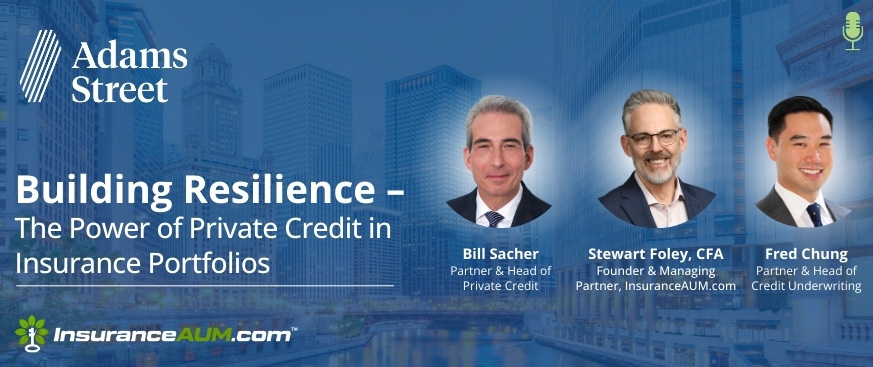Adams Street Partners
Adams Street Partners is a global private markets investment manager with investments in more than 30 countries across five continents. The firm is 100% employee-owned and manages $65 billion in assets across primary, secondary, growth equity, private credit, and co-investment strategies. Adams Street draws on over 50 years of private markets experience, proprietary intelligence, and trusted relationships to generate actionable investment insights across market cycles. We have a long history of managing complex insurance assets to deliver tailored alternative solutions to insurance company clients. Flexible portfolio construction helps to meet the evolving needs of insurance companies globally with the goal of achieving attractive risk adjusted returns. Adams Street has offices in Abu Dhabi, Austin, Beijing, Boston, Chicago, London, Menlo Park, Munich, New York, Seoul, Singapore, Sydney, Tokyo, and Toronto.
Neelm Hameer
Vice President, Investor Relations
nhameer@adamsstreetpartners.com
+1 773 720 9748
Adams Street Partners, LLC
One North Wacker Drive, Suite 2700
Chicago IL 60606-2823






